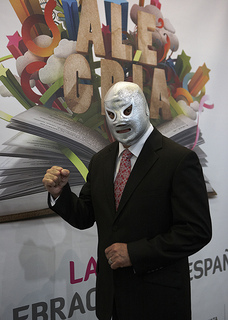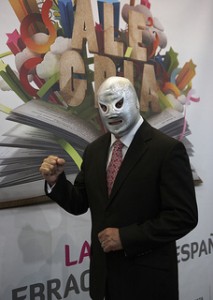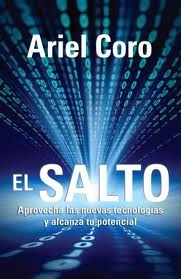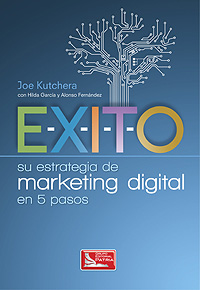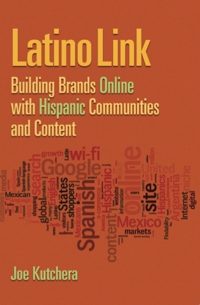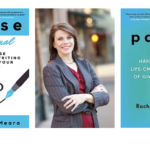This article originally appeared on FoxNews.com.
Over 67,000 people attended the second Spanish-language book fair in Los Angeles May 11 – 13, known as “LeaLA,” or “Read It” in Spanish, nearly twice the attendance of the previous year. The organizers of the event, the International Book Fair of Guadalajara and the University of Guadalajara Foundation saw that Los Angeles is actually the second largest “Mexican” city, behind Mexico City and above Guadalajara and Monterrey.
Of the one hundred or so publisher and sponsor booths, two startups that didn’t have any books on display may portend the event’s future. The first, BajaLibros.com (literally “download books” in English) launched one year ago in Argentina and now sells to readers across Latin America and the U.S. It offers a variety of Spanish-language eBooks in Adobe Digital Editions format. The second, LibrosBooks.com based in El Paso, Texas , opened up shop this past January to sell Spanish-language paper books to both U.S. and Mexican readers. Both companies see that Spanish-preferring readers have trouble finding titles they want book stores. The digital sales platform offers readers a much greater selection on a global scale.
Amazon announced the launch of its “eBooks Kindle en Español” store this past April with titles such as The Alchemist by Paulo Coelho, Paula by Isabel Allende, The Hunger Games by Suzanne Collins, and the biography of Steve Jobs by Walter Isaacson. Yet, the online book giant did not attend LeaLA.
A recent study by the Pew Research Center’s Internet & American Life Project showed that Hispanics’ adoption rate of both eReaders and tablets superseded that of the already explosive growth in the general market. Hispanics’ adoption of eReaders expanded by 217%, or 13% points, from 6% to 19%, during the holiday gift-giving season.
Why do Hispanics adopt new technology like eReaders and tablets? Ariel Coro, Univision’s host of Tu Tecnología, a segment that educates Hispanic families on the latest technologies, and a regular on the morning show Despierta America says, “Hispanics like to be connected. We like technology in general and if it’s on sale for a good price, we’ll buy it.”
Some versions of Amazon’s Kindle and Barnes and Noble’s Nook now cost well below $100. In addition, books on the Kindle and Nook cost $10 versus $25 for a new hardcover. Many library systems, including the public library in Los Angeles, enable eReader owners to “borrow” digital books. eBooks can hold up to 3,500 books and provide a far more portable option than carrying heavy hardcovers. The adoption of eReaders among both Hispanics and the general market can be attributed to convenience, saving space, portability, and cost savings.
Coro notes that, “Tablets and smart phones are also eReaders. I have a Kindle application on my phone and whenever I have a free moment, I open a book and start reading. Any device becomes an E-book reader with the right application.”
Coro attended LeaLA to present and sign copies of his new book, “El Salto, aprovecha las nuevas tecnologías y alcanza tu potencial” (The Leap: Take Advantage of New Technologies and Reach Your Potential), which shows Spanish readers the importance of educating oneself, getting up to speed with new technology, and why it is necessary to succeed in today’s world. After working in television for many years, he heard many of the same questions from his audience. So, he created this guide to help Hispanics learn how to navigate online activities such as looking for a job, preparing your resume for job search sites, financing your business online, and how to manage social networks.
When I asked Coro what LeaLA would look like in five years with the growth of eReaders, he thinks that traditional books will still have their place. “It’s not the format of the book, it’s the content that the author produces that matters. You cannot autograph an E-book, but audiences go to see speakers because they have a message that’s important.” So, LeaLA’s mission to connect Spanish-language readers with authors will remain more important than ever.
Nevertheless, Coro emphasized that the middleman may disappear. For example, Emmy and Grammy award winning Mexican-American stand-up comedian Louis C. K. now sells his videos for five dollars each, without any piracy protection. “When you look around this convention hall, what do you see? You see middleman, the publishers. You’re going to see more direct relationships between authors and their readers. Self-publishing will have less and less of a stigma. It’s going to become more popular.”
